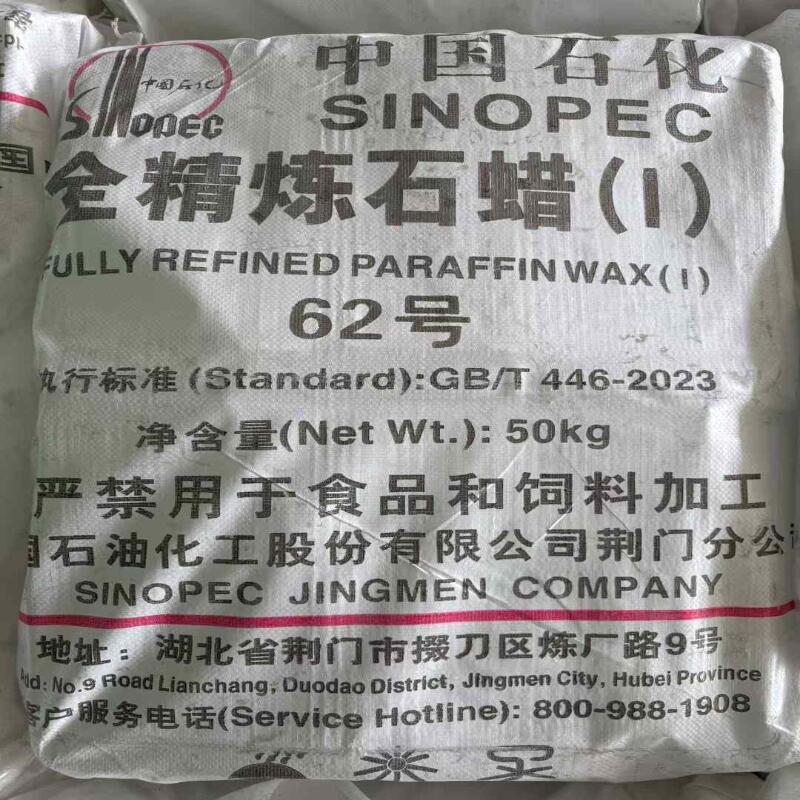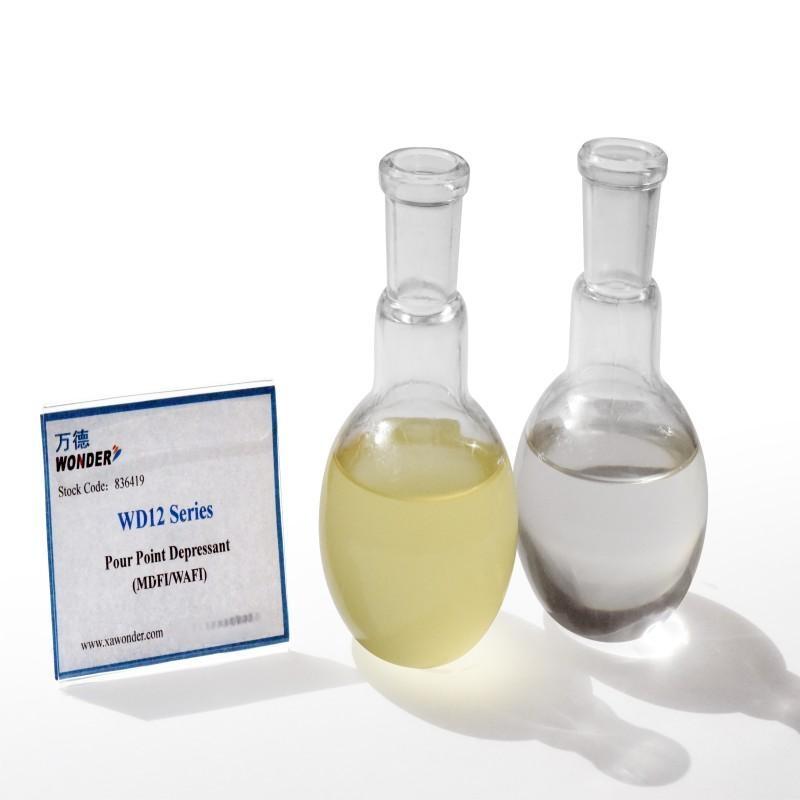-
Categories
-
Pharmaceutical Intermediates
-
Active Pharmaceutical Ingredients
-
Food Additives
- Industrial Coatings
- Agrochemicals
- Dyes and Pigments
- Surfactant
- Flavors and Fragrances
- Chemical Reagents
- Catalyst and Auxiliary
- Natural Products
- Inorganic Chemistry
-
Organic Chemistry
-
Biochemical Engineering
- Analytical Chemistry
-
Cosmetic Ingredient
- Water Treatment Chemical
-
Pharmaceutical Intermediates
Promotion
ECHEMI Mall
Wholesale
Weekly Price
Exhibition
News
-
Trade Service
According to reports, after downstream silicon wafer manufacturers get traditional polysilicon, they need to be crushed, cleaned and then used to pull single crystals.
Granular silicon does not need to be crushed and cleaned.
It can be directly fed to pull single crystals and has good fluidity.
Compared with traditional polysilicon Polysilicon is more suitable for a new generation of continuous feeding Czochralski process.
Carbon neutrality puts forward higher requirements on the photovoltaic industry chain
As early as many years ago, when the photovoltaic industry chain landed in China, there were voices questioning the high energy consumption of the photovoltaic industry chain, causing pollution and greenhouse gas emissions to be higher than the revenue of power generation.
With the advancement of independent technology and practical tests, this questioning voice has gradually disappeared.
However, the high energy consumption of silicon material and silicon wafer manufacturing not only restricts the cost reduction of photovoltaic power generation, but also affects the realization of my country's "carbon peak and carbon neutral" goal.
According to industry insiders, at present, the highest energy consumption in the photovoltaic industry chain is the silicon material manufacturing link, which accounts for 45% of the energy consumption.
In May 2020, the Ministry of Industry and Information Technology issued the "Specification Conditions for the Photovoltaic Manufacturing Industry (2020 Version" (Draft for Comment), which stipulates that the comprehensive power consumption of new/expanded polysilicon should not exceed 70 kWh/kg.
"According to our actual measurement, the comprehensive power consumption of FBR granular silicon is only 18 kWh/kg, which is far lower than the industry standard.
" Jiang Limin said.
my country has promised that by 2030, the total installed capacity of wind power and solar power will reach 1.
2 billion kilowatts, which will drive a large number of photovoltaic power generation projects to be put into operation.
According to the requirements of the Ministry of Industry and Information Technology, the reporter followed the production process of FBR granular silicon and modified Siemens polysilicon, respectively, to trace the carbon footprint of the polysilicon modules produced by the two in the entire photovoltaic industry chain.
It can be seen that only the silicon material is produced.
One gigawatt of granular silicon can reduce carbon dioxide emissions by 130,000 tons, which is 74% less than the improved Siemens method.
From the perspective of the entire industry chain, the production of one gigawatt of components can reduce carbon dioxide emissions by at least 47.
7%.
With advantages in production capacity, cost control and technology, the world's photovoltaic industry has gradually shifted its focus to China.
As of 2019, China's production of polysilicon, silicon wafers, solar cells and modules accounted for more than 60% of the world's output, respectively 67%, 97%, 79% and 71%.
According to the estimation of the domestic silicon material production capacity of about 430,000 tons in 2020, replacing the Siemens method by FBR will reduce carbon dioxide emissions by 19.
27 million tons per year.
According to research by the Swiss Federal Institute of Technology Zurich, one hectare of canopy area can consume 205 tons of carbon dioxide each year, and 19.
27 million tons of carbon dioxide requires 94,000 hectares of canopy area, which is equivalent to about 94 million trees a year.
In order to eliminate outdated photovoltaic production capacity, the Ministry of Industry and Information Technology has clearly stated that "photovoltaic manufacturing enterprises should adopt production technology and equipment with advanced technology, energy saving and environmental protection, good product quality, and low production costs.
"
Jiang Limin introduced to the reporter of Science and Technology Daily that after 10 years of research and improvement, FBR granular silicon has better solved the problems of large-scale industrialization such as product quality, long-term continuous operation, and low cost.
In 2019, the localization of key equipment and the substitution of key materials were realized.
GCL-Poly also led the editor-in-chief of the national standard for granular silicon.
In the future, FBR granular silicon will play a vital role in reducing carbon emissions in my country's photovoltaic industry chain.







